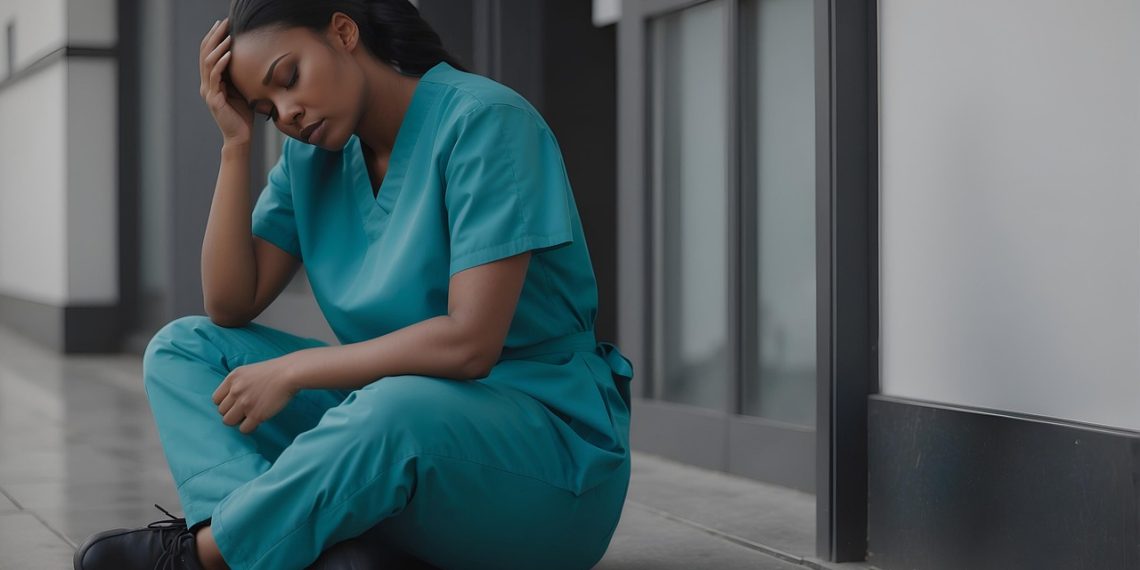
We all feel sad periodically: it’s perfectly normal when we have experiences that make us feel overwhelmed, upset, or even hurt.
Perhaps we’ve just ended a relationship, we miss someone, or we feel alone. Maybe we tried our hardest to get something we really wanted – like a great job/house/partner – but didn’t succeed. The demands of day-to-day living may be weighing us down, and the world itself can be pretty scary right now – with all the governmental chaos and financial unpredictability.
There are many reasons why we may feel sad, but how do we know when our sadness crosses over into clinical depression?
If you’re sad because you lost your job, are going through a breakup, or have lost someone in your life, this is normal.
Sadness, even if it feels intense for a while, is a natural reaction to events like these. But regular sadness can turn into depression if the feelings don’t get better over time, or if your depressed mood starts to interfere with daily life.
“Depression”, the way most people use the word, is about being sad, but clinical depression is a mood disorder—mood disorders happen when changes in our moods go beyond the normal ups and downs that we experience in day-to-day living. Episodes of clinical depression last at least two weeks and can last for months (or even years).
Some of the symptoms that people with clinical depression experience include:
- Feeling empty inside or irritable (most of the day, every day)
- Anhedonia: losing interest in activities you normally enjoy
- Changes in appetite or weight; sleep patterns and/or activity levels
- Feeling exhausted all the time
- Difficulty thinking, concentrating, or making decisions
Physical changes can also affect your mood, e.g., hormonal changes due to puberty, menopause or medical treatments or conditions. If you think you’re clinically depressed, it’s a good idea to have your doctor review any medications you’re taking and test your thyroid and other hormone levels.
If you still aren’t sure why you’re feeling down, there’s a decent chance you’re experiencing clinical depression. If you haven’t already done so, consider talking with a physician or counselor about it.
Clinical depression is treatable, but therapy and medication aren’t the only ways to improve your mental health. There are lots of things you can do on your own:
- Track your moods. Write down how you’re feeling. If you can identify what made you feel this way, write that down too. You’ll soon be able to identify patterns: maybe depression hits you harder on cloudy days…or you get anxious when you meet new people. The more you can predict your moods, the less they’ll take you by surprise. Be sure to track positive moods as well as negative ones.
- Identify your coping skills. Do you stress-eat? Do you drink when you’re upset? Do you go for a run, play video games, listen to music, or call a friend? These are all coping skills, and each one has its pros and cons. Resist labelling them as “good” or “bad”. Instead, think about how well they work—short-term, and long-term.
- Get feedback from people you trust. When you’re at your lowest point, you’ll probably need support and encouragement more than anything. But once you’re in a place where you can handle it, you’ll also want to get some (gently) constructive feedback.
- Make small changes over time. As you learn more about yourself, you’ll probably notice some thoughts, beliefs and behaviors you’d like to change. Pick one or two to work on at a time, and start with the easiest ones. Once you’ve made progress on these, eventually, you’ll be able to tackle bigger things. If you try to make too many changes at once, it’s overwhelming.
- Keep an open mind about what might work. Sometimes the things you’re most resistant to could really help you. Make a note of what’s working and what’s not. As you grow as a person and your circumstances change, you may want to try different things to stay mentally healthy and happy.
And, of course, these steps can be helpful even if you’re just feeling sad.
You don’t have to be clinically depressed to use them and feel better!
I welcome feedback – please let me know if they ring true (or false) for you: [email protected] or lifebeyondtherapy.com.
Michael Kimmel is a San Diego-based, California-licensed psychotherapist (LCSW 20738). With over 25 years of counseling experience, he brings warmth, practical insight and a healthy sense of humor to his work. You can reach him at 619-955-3311.
Photo credit: Pixabay.com






Discussion about this post